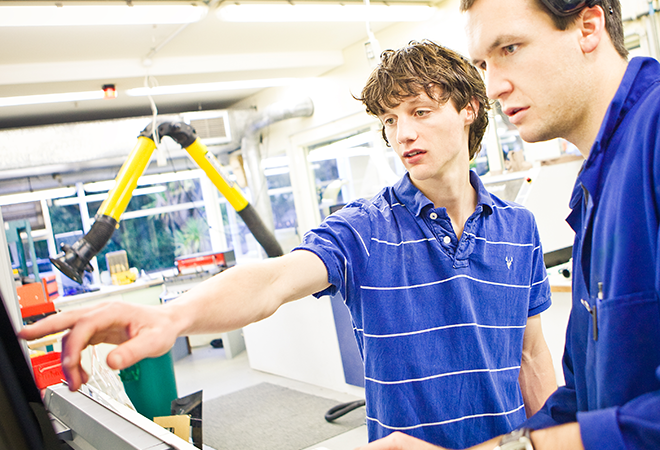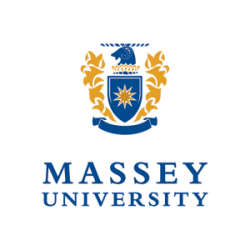
Engaging learners effectively in science, technology and engineering: The pathway from secondary to university education
Status
Completed: 10 June 2011
Project Details
A two-year research project, undertaken by Massey University, to understand how university students become or remain engaged in science during their transition from school to university.
Aims:
The aims of this project were to:
- improve student engagement in the study of science at university
- improve the transition from the school learning environment to that of university
- identify and promulgate pedagogical ‘best practice’ for science education in the first year at university.
Methodology:
This project used a mixed-methods approach that featured:
- a literature review covering student engagement in science, the nature of science and the pedagogy for teaching science effectively
- a quantitative survey questionnaire for Year 1 university students, university lecturers, Year 12 secondary school students, and secondary school science teachers
- qualitative focus groups, again made up of Year 1 university students, university lecturers, Year 12 secondary school students, and secondary school science teachers.
Team

Professor Tim Parkinson
Project Leader
Massey University
Helen Hughes
Massey University
Bill MacIntyre
Massey University
Gordon Suddaby
Massey University
Marg Gilling
Massey University
Dr Dianne Gardner
Massey UniversityStatus
Funding
$86,000.00 (excl GST)
Key Findings
Teaching Environment
- Teachers and lecturers influence student engagement: Students’ engagement at school and university is strongly influenced by the teaching environment. ‘Lecturer/teacher qualities’ are the most important aspect of the teaching environment, particularly the enthusiasm, commitment and teaching techniques of science teachers/lecturers.
- It is not what is taught, but how it is taught: Teaching that is integrative and student-focused stimulates active learning and allows some student choice over content promotes engagement.
- Science students want to be scientific: Relevance and context are important to students. Students enjoy the ability to explore scientific methods by generating and testing hypotheses in practical classes.
Transition
- Student engagement is not lost in transition: First-year university students consider themselves to be committed to a high standard of performance in their science studies and, indeed, their scores for Commitment to Performance and Learning with Excitement were significantly higher than for school students.
- Transition from school science to university science is a process: Ideally, university teaching should place greater emphasis on independent learning and critical thinking than that of school, yet the results of the present study show this is not necessarily evident during the first year of study at university.
Perceptions
- There are different perceptions between students and lecturers/teachers: University students’ perceptions of their engagement were greater than that of their lecturers, while teachers’ and lecturers’ perceptions of their teaching qualities were greater than that of their (school or university) students.
Key Recommendations
Teacher efficacy | Assisting lecturers and teachers to develop skills in the ‘teacher efficacy’ parameters identified by the study as being critical for students’ engagement
Assessment practices | Ensuring assessment practices at school and university reward critical thinking rather than reinforce low order learning.
Relevant contexts | Ensuring all content is delivered in a context that is immediately relevant to the learner.
NCEA | Building on the diversity of knowledge that results from the standards-based NCEA high school education.
Content knowledge | Guaranteeing liaison between universities and schools to ensure school leavers have the content knowledge needed to start their science degrees.
A report prepared by Tim J Parkinson, Helen Hughes, Dianne H Gardner, Gordon T Suddaby, Marg Gilling and Bill R MacIntyre.
(PDF, 934 KB, 94-pages).
- 16 June 2011
A report prepared by Tim J Parkinson, Helen Hughes, Dianne H Gardner, Gordon T Suddaby, Marg Gilling and Bill R MacIntyre.
(PDF, 2.16 MB, 20-pages).
- 16 June 2011